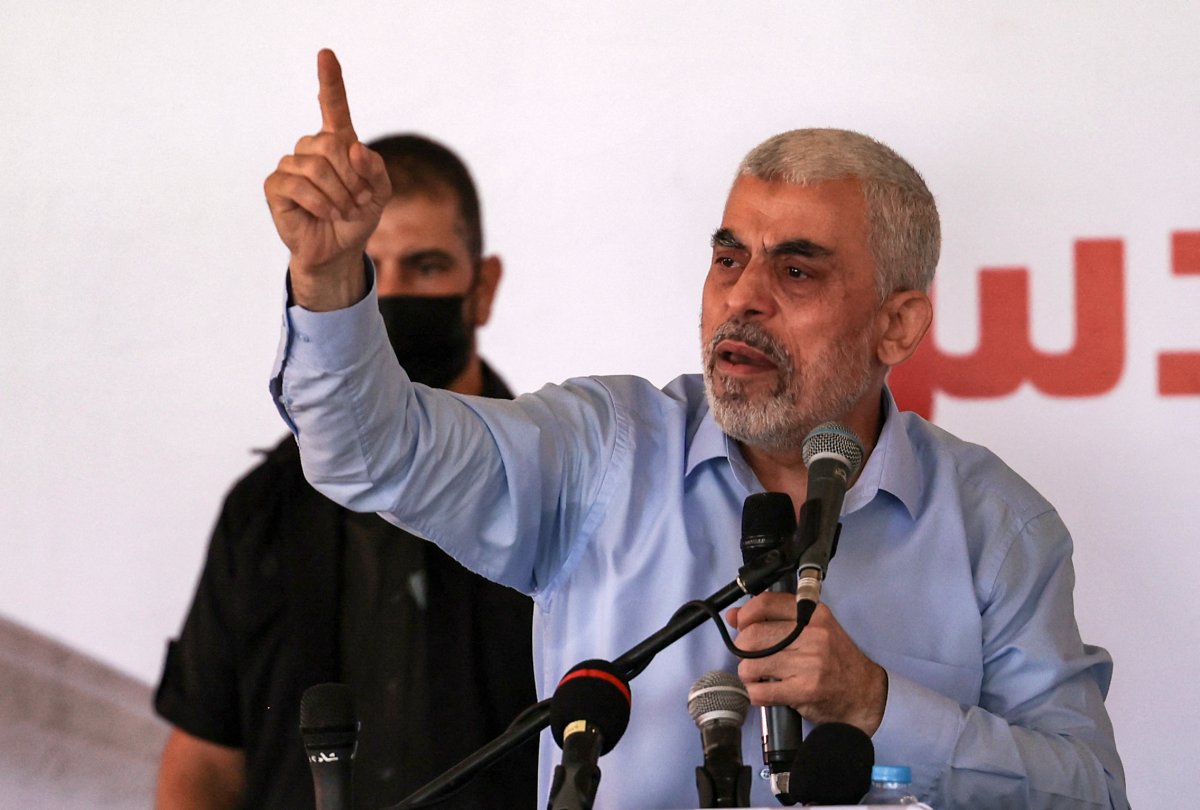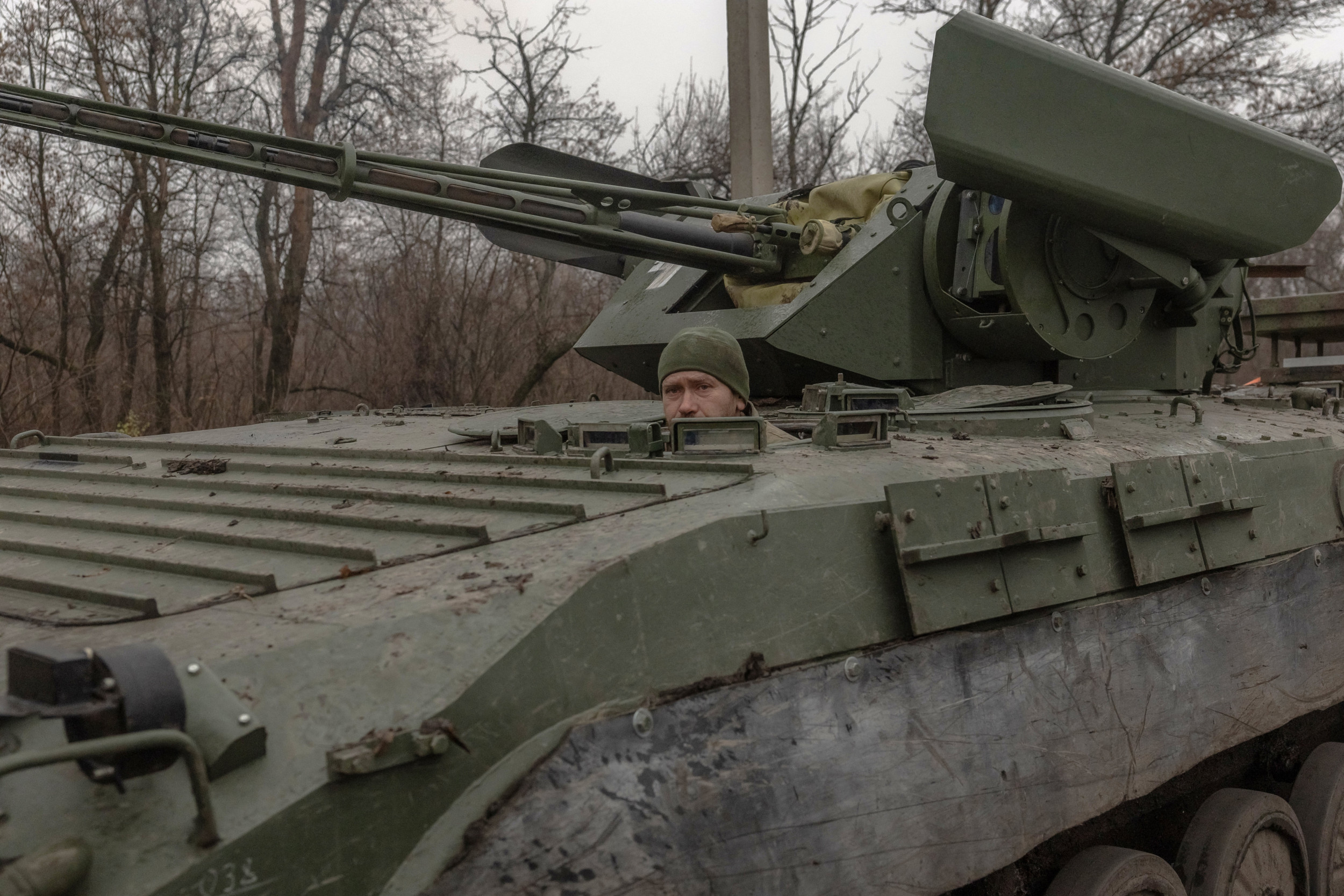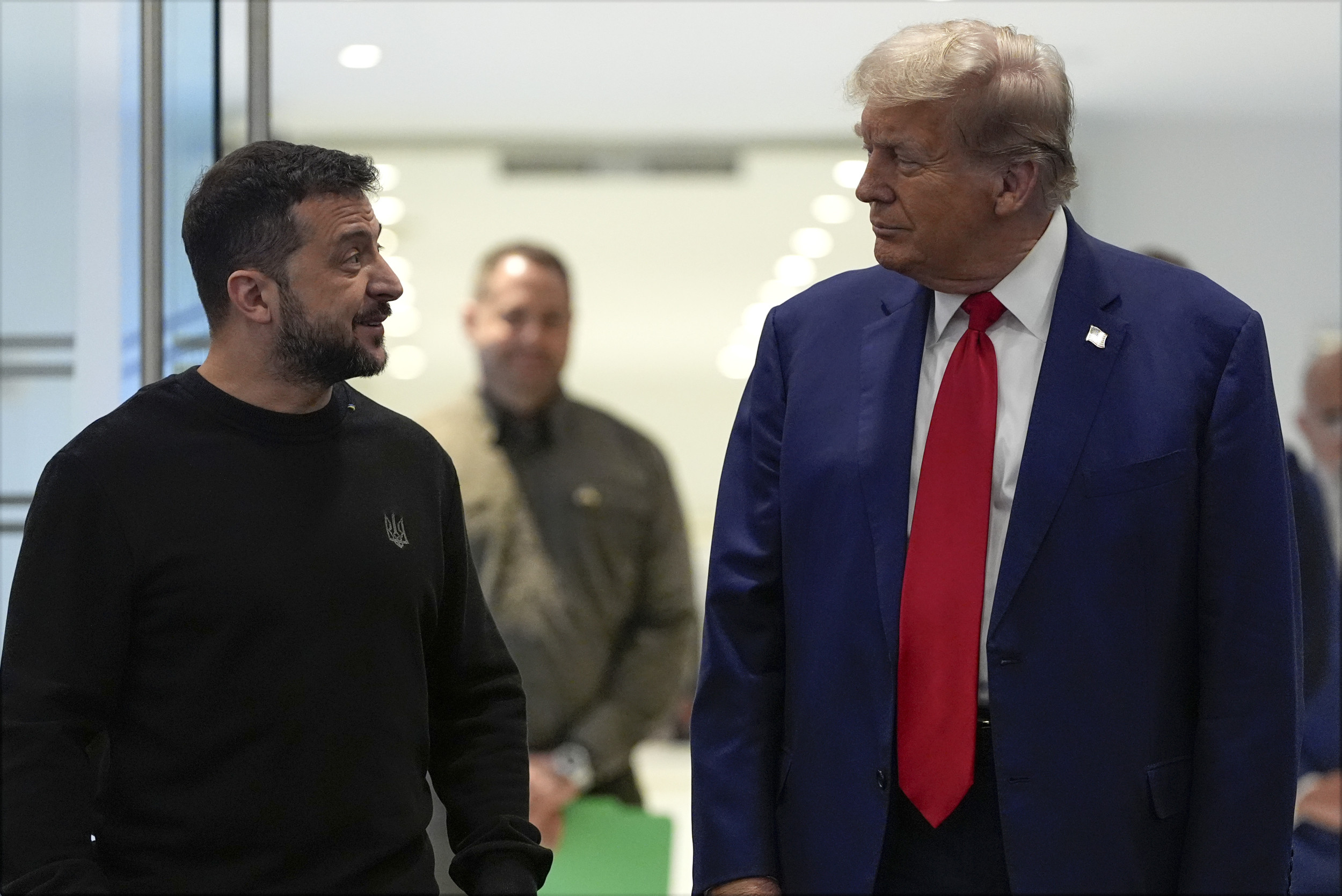In 2017, I was awaiting a call from a friend in the Gaza Strip over a WhatsApp video. When it finally came, my friend Khaled was sitting in the living room of Yahya Sinwar, who agreed to discuss my Gaza airport proposal.
Back then, I was advocating the establishment of an internationally-run, Israeli and IDF-approved airfield in Gaza to address the lack of freedom of movement for the Strip's civilian population through non-Egyptian and non-Israeli points of entry and exit. Central to my proposal was that Hamas would have no part in administering the facility and would have to agree to an international presence that would handle all security, to ensure that there would be no smuggling or nefarious activities which would benefit the terror group and harm Israeli security.
Sinwar asked questions about my true intentions in promoting the proposal. He wanted to know why I cared so much about aviation as a way to help the people of Gaza. He gave a preliminary approval for the proposal, while cautioning me against the facility becoming a "hub of spies" for those seeking to undermine Hamas and the "resistance." I assured him that Israel, the Arabs, and the international community have an abundance of technological means through which they could spy on Hamas, and that an airport would be the least significant mechanism through which the group could be undermined. And that was that.
Looking back at the 40-minute video call, I remember a reasonable man who was highly paranoid and uncertain what to make of me.
The generally elusive leader of Hamas made his career in the Islamist group by establishing a counterintelligence apparatus to detect and eliminate Palestinians who acted as informants for Israel against militants. Israeli authorities imprisoned him for crimes associated with this role, but Sinwar was ultimately released in 2011 as part of a prisoner deal to release Israeli soldier Gilad Shalit in exchange for hundreds of Palestinian prisoners in Israeli jails.

The year that I spoke to Sinwar was the same year in which he assumed the leadership of Hamas, ousting Ismail Haniyeh from the helm and initiating the transformation of the terror group that ultimately led to the October 7 attack against Israel in 2023. "Abu Ibrahim" enabled the hardliner militants in the group's "al-Qassam Brigades" to take center stage in Hamas's ruthless calculus and to turn the guys with the guns from hidden shadowy figures into central decision-makers who influenced the trajectory of planning and priorities. In a sense, October 7 was the crowning of Sinwar's ascent to power in Hamas, whereby he, Mohammed Deif, and other military commanders of the terror group mounted a coup against the "hotel leadership" in Doha, Lebanon, and Turkey.
The killing of Sinwar last week was rightly viewed as a significant milestone in Israel's war against Hamas following the October 7 massacre, which Sinwar directed and masterminded to trigger a regional conflict to disrupt the prospect of Israeli-Saudi normalization.
Though his elimination seemed to be unplanned, it does present the Israeli government and all interested parties with an opportunity that should be capitalized upon to begin the end of the war in Gaza.
Sinwar most definitely put in motion a series of contingency plans for his eventual death, even after the group elected him as its leader following the assassination of Ismail Haniyeh in Tehran back in July. Hamas has been reduced mainly to disparate splintered cells that lack a functional command and control leadership structure to receive instructions and orders. This reality can be exploited to get some mid-level Hamas commanders to stand down and potentially pursue a ceasefire-hostage deal and end the fighting. Incentives to release the hostages and even buy back some weaponry from Hamas may now be more feasible than ever before.
Although many in Hamas are ideologically trained to be suicidal and never to give up, some are indeed susceptible to material gains, particularly as they face the lack of an off-ramp to allow themselves and their families safe passage out of a losing war. Most importantly, now is the time to gradually introduce international, Arab, and even Palestinian alternatives to Hamas governance in Gaza. This would entail addressing the humanitarian crisis and require gradual IDF withdrawals from areas that need to be considered safe zones, while allowing new structures and elements to take over security and humanitarian responsibilities slowly.
As Israel faces the specter of an all-out war with Iran, not to mention the expanding conflict with Hezbollah and Lebanon, pursuing an end to the war in Gaza would be beneficial to all parties involved. Though there are still elements of Hamas that have access to weaponry and lack explicit instructions to stand down, now is the time to exploit the chaos after Sinwar's killing and create a division that could see the release of Israeli hostages and the fragmenting of Hamas's remaining fighters.
Importantly, now is the time for financial and other incentives to inspire the end of the war through defections and localized deals with remaining Hamas fighters in pursuit of the release of the remaining Israeli hostages being held throughout the Gaza Strip.
Failure to act expediently and decisively risks the killing of Sinwar being a nothing event that neither weakens remnants of Hamas nor allows for an alternative to emerge in Gaza in which the Strip's Palestinian residents are inspired to see a future beyond Hamas's rule and its armed resistance narrative.
My 2017 conversation with Sinwar leaves me concerned that because he is both a psychopathic murderer and a calculated, rational actor, his ruthlessness could outfox all who underestimate his nefarious and deadly designs for a war that is changing the Middle East. That is why all stakeholders should apply maximal pressure on relevant parties to end the war in Gaza now.
Ahmed Fouad Alkhatib is a resident senior fellow at the Atlantic Council and writes extensively on Gaza's political and humanitarian affairs.
The views expressed in this article are the writer's own.



















 English (US) ·
English (US) ·